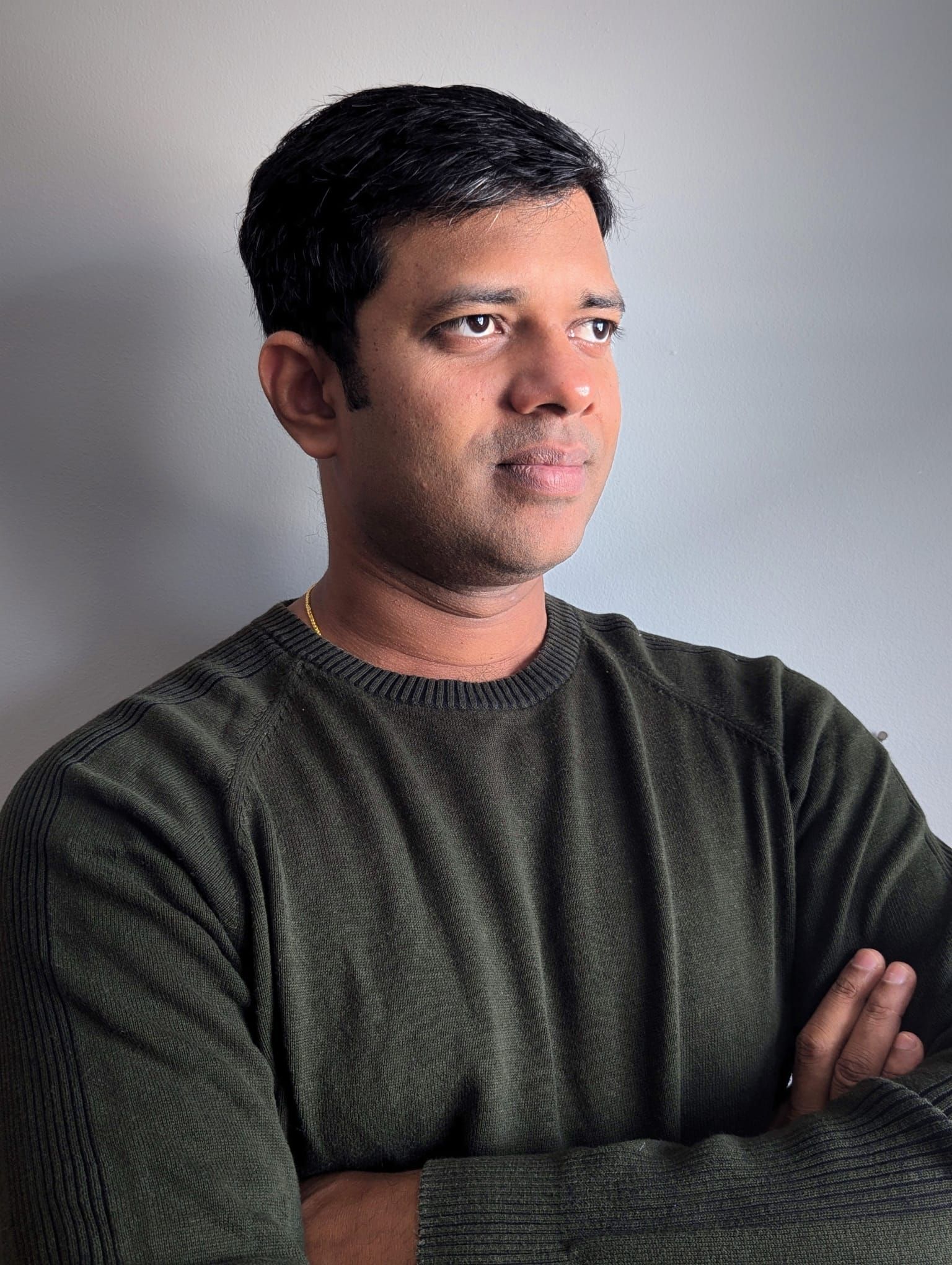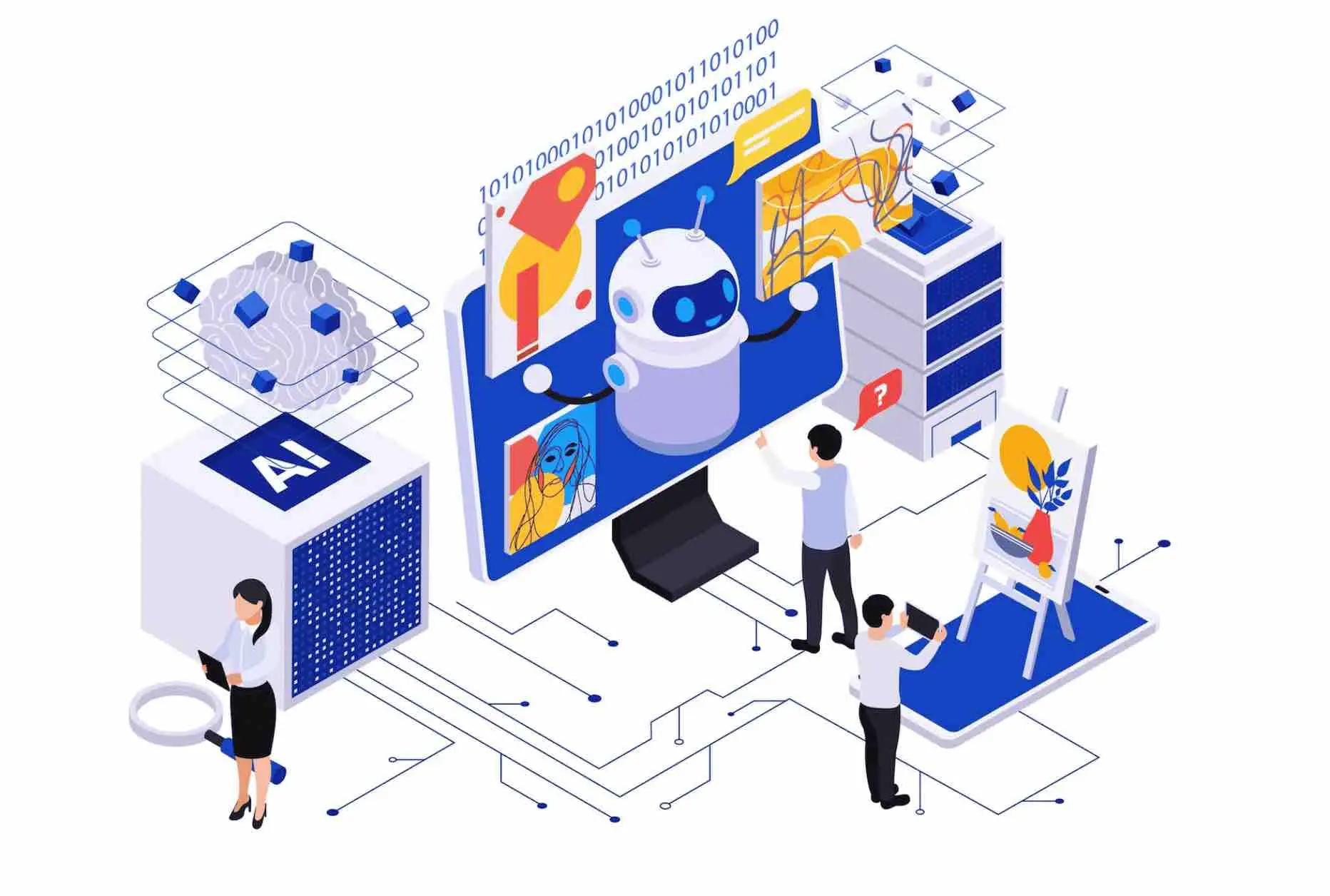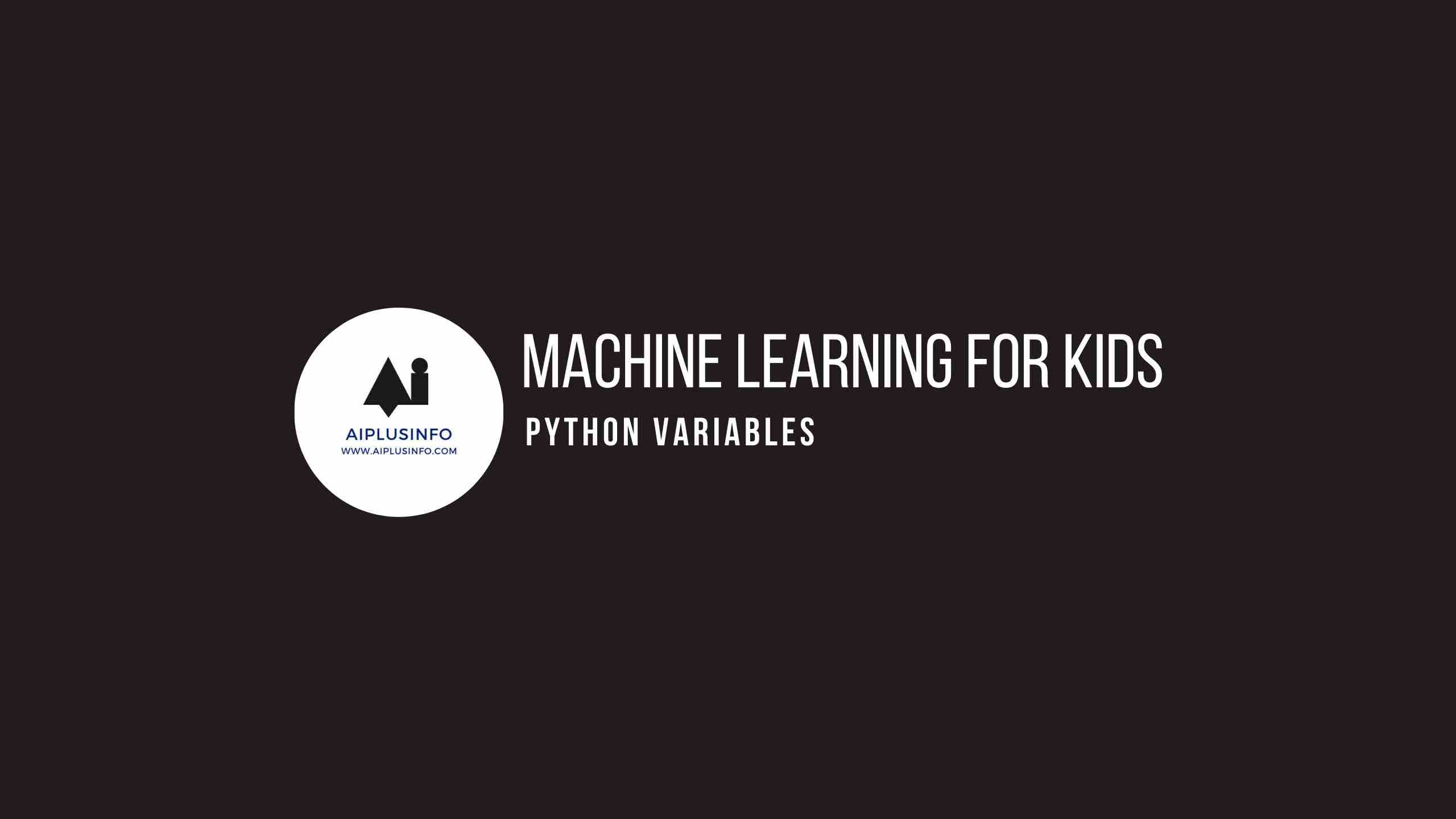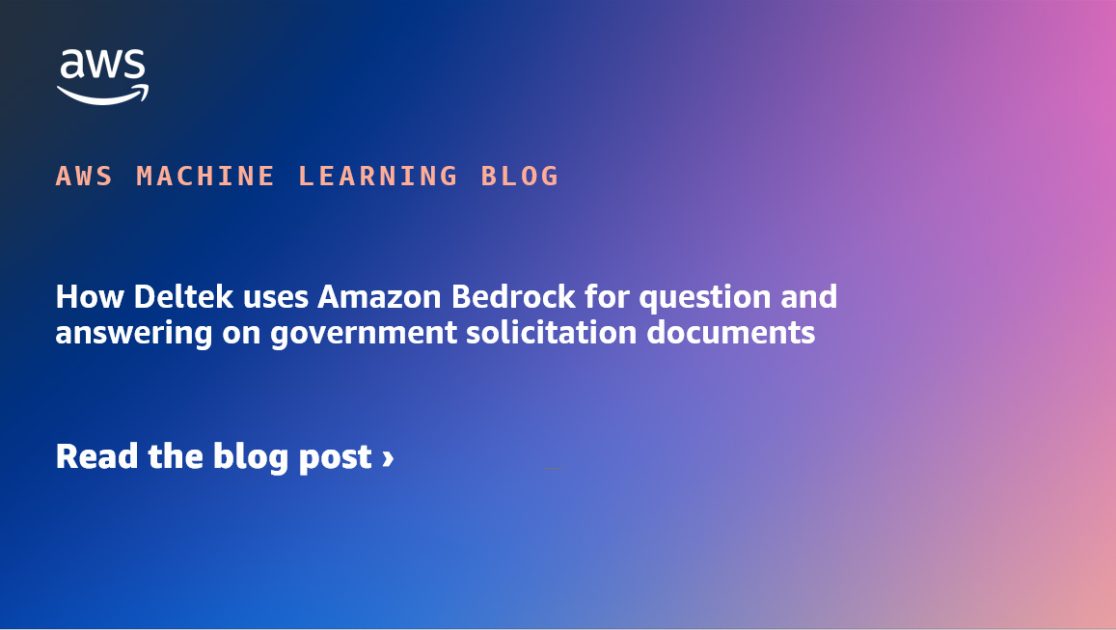Recently, Chinese tech giant Huawei announced several AI initiatives that will become part of its digital transformation partnership with Saudi Arabia. Similar news is coming from other countries, from the Japanese digital transformation minister announcing the necessity of the reform to Azerbaijan announcing its transition to paperless government operations. These are just a few examples of the growing trend illustrating that digital transformation plays a growing role not only for corporations looking for innovative ways to improve their performance, but for the whole country. Alexandre Fernandes, an IT consultant with over a decade of experience that includes working for multinational companies such as Hewlett Packard, Manhattan Associates, and JPMorgan Chase & Co, shares his view on the principles of digital transformation and the role AI can play in it.
In a nutshell, digital transformation is a process of employing novel technologies to improve a company’s performance through streamlining business processes, automating routine operations, and improving customer experience. Alexandre Fernandes notes that he finds inspiration in the possibility of using software code to solve real-world problems.
However, focusing only on the technical side of the projects is not enough. Each innovative idea can have a clearly defined purpose, and the benefit it brings to the business, and it should be developed and elaborated with the specifics of the market it operates. “For a digital transformation to be successful, it is crucial to define the problem at hand clearly through gathering and analyzing requirements,” he adds. This approach makes it possible to develop solutions that will bring real-world benefits to the customers.
His career includes several examples of putting this approach into practice. While working on improving the warehouse management system for one of the largest apparel companies, Alexandre Fernandes refactored the application code for parcel processing, which eventually helped to cut order processing time by over 30%, allowing the team to fulfill more orders in a shorter time. This is an example of how digital transformation and implementation bring tangible benefits to the company.
Another principle Alexandre Fernandes finds necessary to mention is the importance of teamwork. While it can be easy to focus on the technological aspects, a successful digital transformation requires interaction between multiple teams and considering how the company operates now. For instance, it is not enough to replace printed documentation with paperless processes, as you also need to teach employees to use these new processes and make them understand why this additional effort is required from them. Without collective effort and balanced teamwork, innovation risk remains on a surface level only and does not translate into real change and performance improvement.
Here is one of the vivid examples proving the importance of teamwork from Alexandre Fernandes’s experience. He was consulting a financial service company in the USA, which at the time was facing problems of delays in processing user requests. The root of the problems turned out to be the fact that there was one team responsible for both new feature enhancements and resolving existing issues. Consequently, the latter was pushed back due to lower priority. Alexandre Fernandes suggested creating a dedicated team, which would focus primarily on users’ issues. Eventually, it helped to clean out the backlog and cut the requests’ turnaround time by over 70%. This example highlights the idea that having the right resources is not enough: a company needs to use them the right way, organize the interactions between teams, and allocate resources wisely for the most productive outcome.
Alexandre Fernandes emphasizes that the ability to establish productive teamwork and to stay focused on realistic and concrete goals are of no less importance than technical knowledge. In 2024, he participated in the judging panel at the Globee Awards for Technology, a leading business and technology awards show that attracts corporations and individuals from all over the world. He notes that of all the nominees he has evaluated, those who are able to enhance their professional skills and knowledge with their soft skills, teamwork and open-mindedness are more likely to win the award.
It is also important to remember, that, while the concept of digital transformation is not new, its landscape constantly evolves. New technologies emerge bringing new opportunities, and it may be tempting to try them out without much consideration of their inherent risks and benefits. The fear of missing a trend and being surpassed by competitors can lead to rushed and ineffective innovation. To avoid that, one needs to develop a deeper understanding of the technology in question. For example, there are multiple applications behind the term “AI and machine learning”, from chatbots helping with customer interactions to predictive analytics becoming part of the supply management system. Each of them should be considered separately, in connection with the current needs of the company.
Throughout his 14 years of working in Software Engineering and IT Consultancy, Alexandre Fernandes amassed a diverse experience of developing software solutions for real-world problems. He highlights that no matter what technologies are added to the pool, the principle of focusing on real-world company needs remains the same. Since 2019, he has worked at Publicis Sapient IT consultancy as a Senior Associate, continuously expanding his knowledge and experience over multiple domains, which is another key to success in the rapidly evolving realm of digital transformation. He adds that one needs distinctive problem-solving skills and the ability to quickly master new technologies and incorporate them in their process, to provide clients with efficient software solutions.



